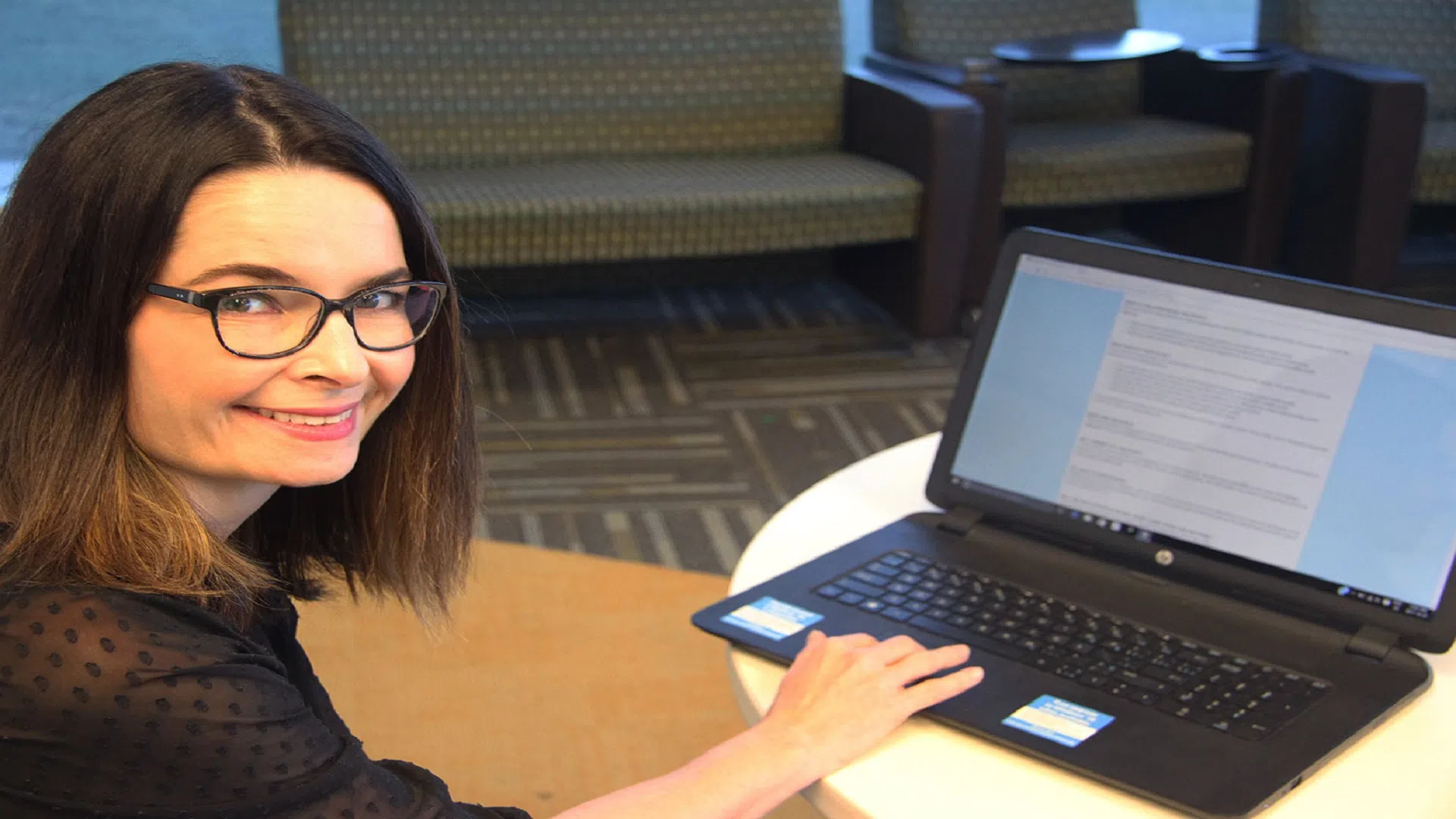
Researchers at the University of Calgary gauging Albertans’ interest in patient health portals
CALGARY – Researchers at the O’Brien Institute for Public Health’s Ward of the 21st Century within the Cumming School of Medicine at the University of Calgary are preparing to lead a province-wide study to explore Albertans’ views about having online access to their medical records at their fingertips.
All Canadians will soon have online access to their personal health information, but how will people use their health information and how often will they access it?
That’s what lead investigator for the study, Dr. Doreen Rabi an endocrinologist in the Department of Medicine at the CSM, is looking to find out.
“At the federal level there is a program in place to try to encourage all health jurisdictions to consider adopting patient health portals,” she said. “Patient health portals are tools to help people access information that has already been digitized, it allows them to have access to that information online safely and securely.”


